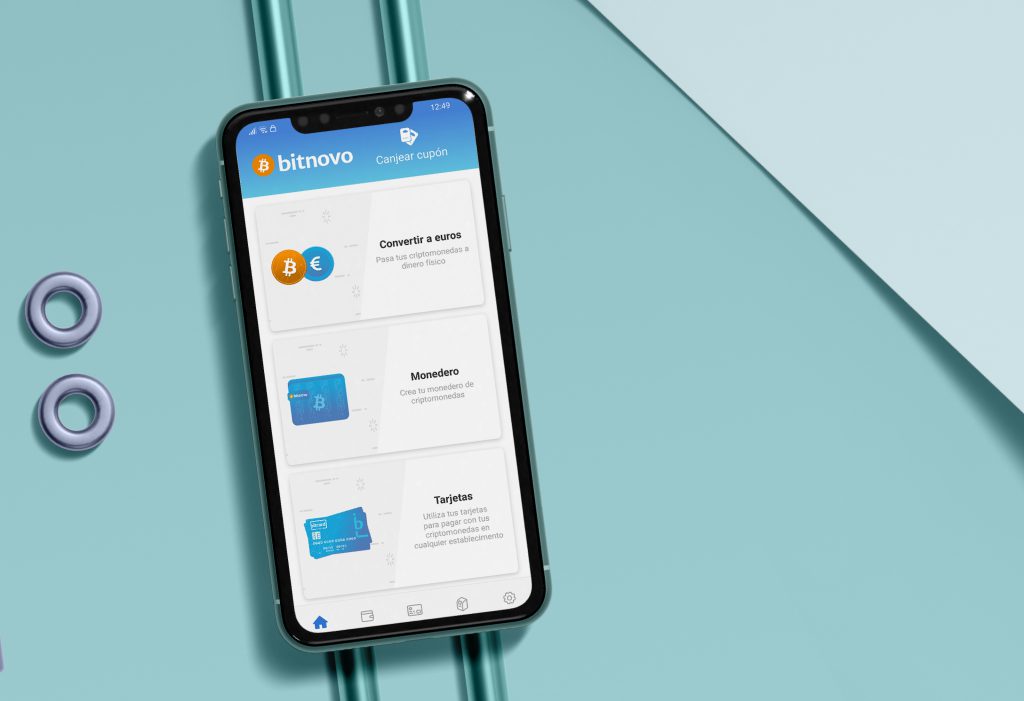
The custody of cryptoassets, as the word says, consists of ceding the custody of your cryptocurrencies to a third party, in whom you place your trust. In other words, you give your private keys to another person/entity to control them.
This other entity will probably make use of your funds, just as traditional banks do, and will make a profit with the liquidity provided by the users who give up custody.
While many people choose this practice for convenience and because they do not want to be burdened with the responsibility for the security of their funds, it is clear that the results can be very counterproductive.
We have already seen it on thousands of occasions, even in Spain: exchanges closed from one day to the next or hacked with the consequent loss of their users’ funds.
We must not forget that an exchange is not a bank, but a bureau of exchange. So even though they want to convince you about the virtues of their security, you will be trusting your funds in a highly vulnerable site.
Furthermore, the very origin of cryptocurrencies is based on the intention of eliminating these intermediaries. Satoshi Nakamoto himself entitles his whitepaper as “Bitcoin: a peer-to-peer electronic cash system“. Or what in English would be “a peer-to-peer, or person-to-person, exchange system”.
Bitcoin proposes to make transactions and store value without the need for intermediaries, so, as Bitcobie says “storing your cryptocurrencies in an exchange is like wanting to become independent from your parents’ house by putting a latch on your bedroom door”.
What do we think at Bitnovo?
From Bitnovo we are very clear on this point. We are not and do not want to be custodians of cryptocurrencies. We advocate the idea that you are your own bank and the owner of your private keys. Or as they say in the bitcoiner environment “Not your keys, not your Bitcoins”.
So if you are one of those who have acquired your first cryptocurrencies in an exchange, we recommend you not to leave them stored there. Simply create your own wallet (it can be the Bitnovo Crypto Wallet or any other you find on the market), get your private keys and choose to be the owner of your funds!

If you still don’t know what a cryptocurrency wallet is, below are some interesting articles that will help you to better understand how they work and what types of wallets exist.
– What is a wallet and what is it for?
– The safest wallets to store your cryptocurrencies
– Types of wallets




